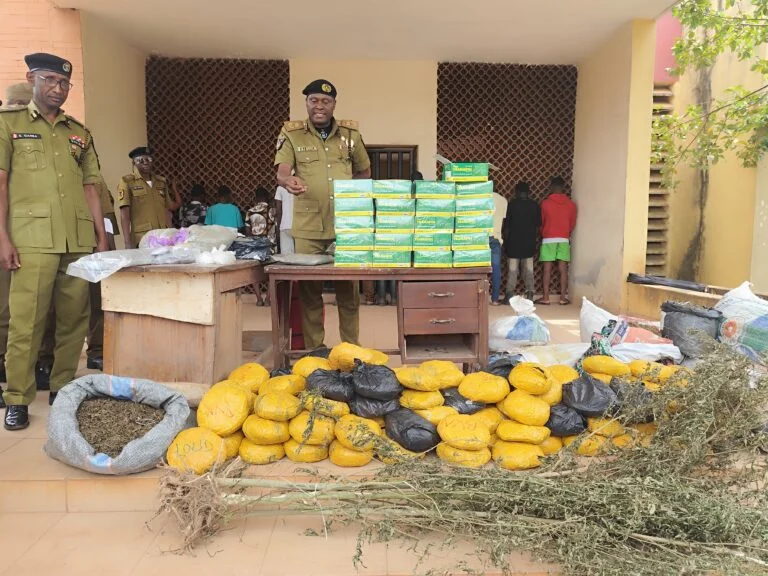—By Our Correspondent
Two prominent associations of Akoko-Edo indigenes have declared an uncompromising stand against insecurity in the region, vowing to publicly expose individuals within local communities who have aided or abetted the growing menace of kidnapping and land-related violence.
The Akoko-Edo Forum and the Concerned Minds of Akoko-Edo issued the warning over the weekend at the launch of the Akoko-Edo Security & Trust Fund Summit, held to address the alarming rise in criminal activities in the area. The event marked a decisive shift in tone and strategy, as community leaders signaled that a new era of vigilance and accountability had begun.
In a welcome address that resonated with urgency and moral clarity, Chairman of the Akoko-Edo Forum, Dr. Charles Jagun, stated unequivocally that the time of silence and complacency was over. “We have identified kidnapping as the major source of insecurity in Akoko-Edo,” Dr. Jagun declared. “We have equally identified the perpetrators of this criminality — the herdsmen and their collaborators, both within and outside our communities.”
Dr. Jagun, speaking before an audience of traditional rulers, elected representatives, security stakeholders, civil society leaders, and members of the press, outlined the dual purpose of the summit: to galvanize a coordinated community response to insecurity and to formally inaugurate the Akoko-Edo Security & Trust Fund — a vehicle for sustainable peace and development in the local government area.
He disclosed that extensive community-led investigations had uncovered a network of internal collaborators who enable or profit from the kidnapping industry. These include commercial motorcycle (Okada) riders, landowners, youth engaged in illicit activities, and some traditional leaders.
“Whether you are an Okada rider who transports criminals into our forests for money, a land seller who trades plots to strangers without accountability, or a traditional head who harbours violent actors — you are part of the problem,” he said.
The Forum, he warned, is prepared to publish the names of identified collaborators unless they take immediate steps to clear their names. He stated that those who fail to do so would be reported to the Edo State Government for decisive action, referencing recent examples in other local government areas of Edo North where some traditional leaders were sanctioned or removed over security breaches.
Painting a grim picture of the situation, Dr. Jagun highlighted repeated incidents of abductions, farmland destruction, and violent land takeovers allegedly carried out by armed herdsmen, with the support of certain locals.
He stressed that tackling insecurity cannot be divorced from tackling socio-economic inequality and underdevelopment. “Insecurity is not just about crime; it is about inequality,” he said. “We must invest in both security infrastructure and human development. People must be given a chance to live and thrive — not merely to survive.”
Dr. Jagun also used the occasion to call for a higher standard of public accountability, particularly from elected representatives. While praising Hon. Donald Okogbe for his consistent engagement with the people, he criticized his colleague at the State House of Assembly for a pattern of absentee leadership and lack of communication with constituents.
Organizers said the event marked a watershed moment for Akoko-Edo, as years of fear and frustration have now given way to a structured, collective response to insecurity — with the community determined to take ownership of its destiny.
With the launch of the Akoko-Edo Security & Trust Fund and the public declaration to identify and hold collaborators accountable, many observers see the summit as a turning point in the region’s long struggle with violence and neglect. “This is the beginning of a new era,” one community leader remarked. “An era where silence is no longer golden, and where every indegene must either stand for justice or be counted as an enabler of insecurity.”

